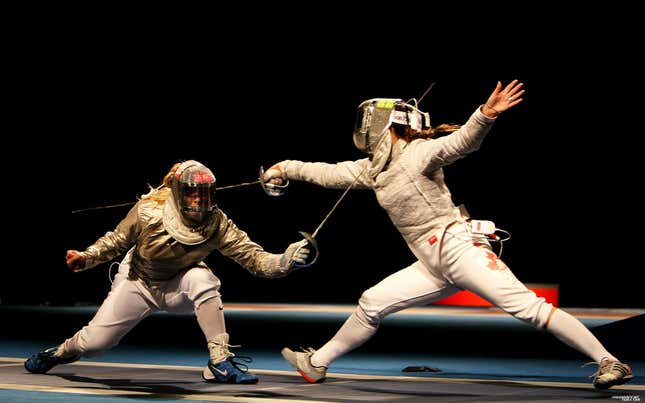Why Did This Fucking Lady Make Up a Fake Son, And Other Journalistic 'Mishaps'
Latest

This week, Ruth S. Barrett, the semi-disgraced journalist best known for a plagiarism scandal in the ‘90s, published 2,000-odd words on Medium arguing a recently retracted Atlantic story was, basically, true enough. ”The article did contain several errors,” she admitted, one of which was the baffling inclusion of a protagonist’s completely fictional son. Barrett’s blog post runs down the issues with her story nearly line-by-line before coming to the conclusion that she hadn’t done much wrong in what is rendered as a righteous quest for truth. “This has been a difficult month for me,” she wrote towards the end. “Writers are human beings too.”
Writers are people, but they’re also people with specific jobs to do; Barret joins a rather large group of them who find it appropriate to fudge convenient details to support their larger goal. Institutionally beloved journalists going back to Alastair Reid have taken it as a matter of fact that using composite characters or imagined scenes is fair game, as long as it supports the story’s thrust. Softer iterations might include misremembering key details from interviews in ways that best support a writers claim, or sailing right past a domestic violence allegation in a quest to render a sympathetic man.
-

-

-

-

-

-

-

-

-

-

-

-

-

-

-

-

-

-

-

-

-

-

-

-

-

-

-

-

-

-

-

-

-

-

-

-

-

-

-

-








































